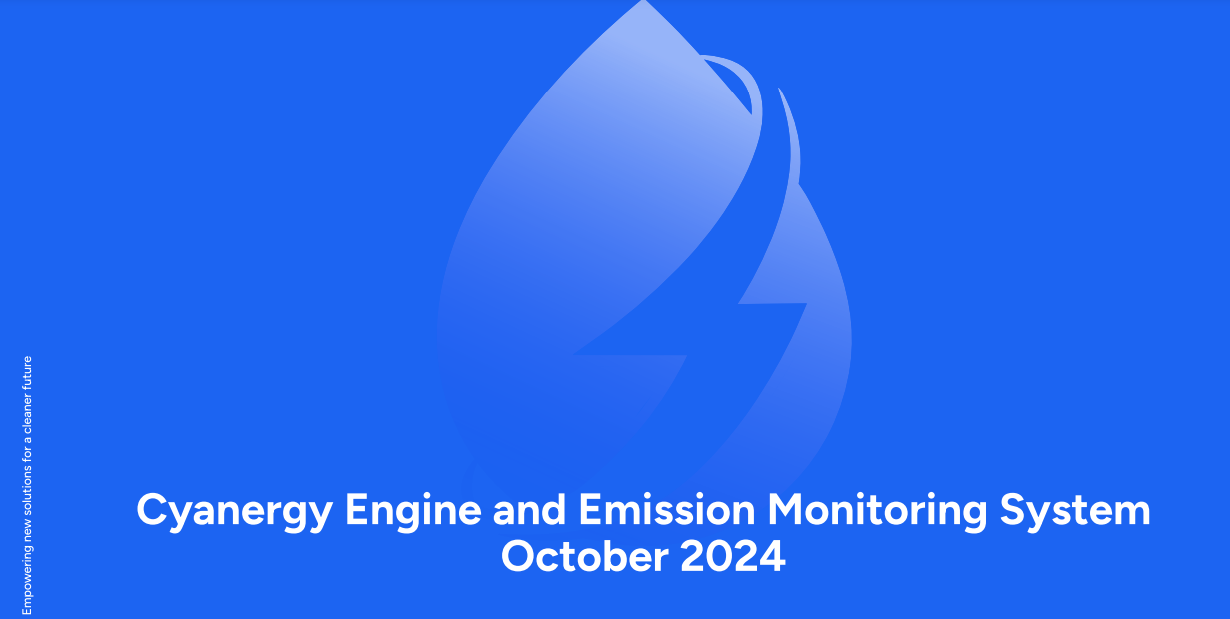Much of the dialogue around reducing greenhouse gas emissions centers on industries like manufacturing, transportation and agriculture. Globally, manufacturing contributes about 12 percent of emissions, while agriculture represents about 11 percent, and transportation is around 15 percent. The shipping sector alone accounts for roughly 3 percent of global emissions.
However, as technology advances, it has become clear that emission challenges aren’t limited to just heavy industries. One growing area of concern is artificial intelligence (AI). The growth in AI will require a significant amount of new data centers. Data centers require power for several essential functions, including running servers, cooling systems, storage systems, networking equipment, backup systems, security systems, and lighting. Many states and regional power grids are already strained, so the need for additional power will require effective environmental regulations around energy use and appropriate disclosures.
Creating environmental regulations around AI is crucial to mitigate its significant energy consumption, promote transparency and accountability, manage environmental risks, and encourage international cooperation in addressing AI’s global environmental impact.
Recently, software company Salesforce advocated for increased environmental regulation of artificial intelligence, as noted by Yusuf Khan in a recent Wall Street Journal article.
In addition to calling on lawmakers to create legislation requiring companies to disclose their AI emissions, Salesforce is also encouraging companies that utilize general-purpose AI models to make public disclosures of the energy usage and carbon footprint associated with their AI operations, according to the article.
Khan notes that this represents one of the first times that a tech company has advocated for additional emissions regulations around artificial intelligence operations. Currently, data centers are responsible for about 1 percent of energy-related greenhouse gasses, but as the industry continues to grow, that number could move significantly higher.
The Wall Street Journal also references recent efforts by Senator Ed Markey, who has been a key figure pushing for regulations concerning AI and its impact on the environment.
Along with other Democratic lawmakers, he introduced a bill aimed at developing standards for measuring and reporting AI’s effects on the environment, as well as creating a framework for AI developers to report these impacts voluntarily, according to the article. Markey emphasizes that the development of AI shouldn’t come at the expense of the planet’s health and advocates for measures to ensure AI technologies are environmentally sustainable, Khan notes.
As artificial intelligence (AI) continues to evolve, so do concerns about its environmental footprint. With the technology’s rapid growth comes increased energy consumption and carbon emissions. Efforts like these highlight the importance of prioritizing sustainability in AI development and ensuring that environmental considerations are integrated into tech policies.













